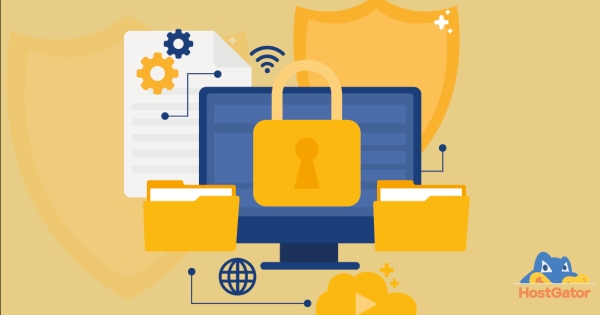It has never been more important to keep your business data secure; with more and more businesses of all sizes falling foul of cyber-crime, along with an ever-advancing reliance on data, it is crucial that companies are not only aware of the many threats but also that they actively put in place the requisite security measures to keep their data safe. The consequences of a catastrophic data breach can be far-reaching. If hackers get hold of your customers’ personal or financial data or manage to slow your business to a crawl with disruptive online attacks, you could find yourself suffering significant financial losses. Fortunately, with a little foresight and security planning, you can mitigate the effects of such a disaster. This article looks at a few strategies you should employ right away to keep your business’s data safe.

Complex passwords are the way forward
We can all be a little bit guilty of lax password management when it comes to managing our online lives.There seem to be two camps; the ‘I use the same password for everything because it’s easier to remember’ gang, and the ‘I have so many passwords that I write them down all over the place so I don’t forget them’ camp. The problem here is that we are leaving ourselves open to an easy hack and all of our personal data is at a significant risk of falling into the wrong hands. The cyber-crooks are continuously improving their code-cracking skills and software, so leaving this to chance is not a good idea. Creating long, complicated passwords (using lots of special characters, numbers and letters, punctuation and upper and lower case) makes it harder for them to crack. The trick is to get a little help from a password manager app (there are lots of proven ones you can download to your smartphone) to help you manage your passwords without forgetting them and keeping all your precious data much safer in the process.
Top tip: Don’t assume you’ll never get hacked, no matter how skilled your password creation technique. It’s important to also have a secure data recovery plan in place to ensure that should the worst happen, you can always retrieve any critical lost data.
Malware, phishing, and formjacking are rife
Although malware variants are starting to decline, there were still over 10.52 billion malware attacks recorded in 2018. Malware is a malicious piece of code used by hackers to infiltrate your network and steal your data, destroy your files or even take control of your systems. Along with phishing (pretending to be something they’re not in order to steal your personal or financial details) and formjacking (skimming financial information from payment forms), it’s important to be extra vigilant with your business data and make sure you are keeping your customers’ data nice and safe behind robust firewalls.
So long as you time to constantly review your digital security strategies, keep up to date with the latest software patches and updates along with a solid firewall platform and a disaster recovery plan, you’ll be helping to keep your business-critical data safe.
